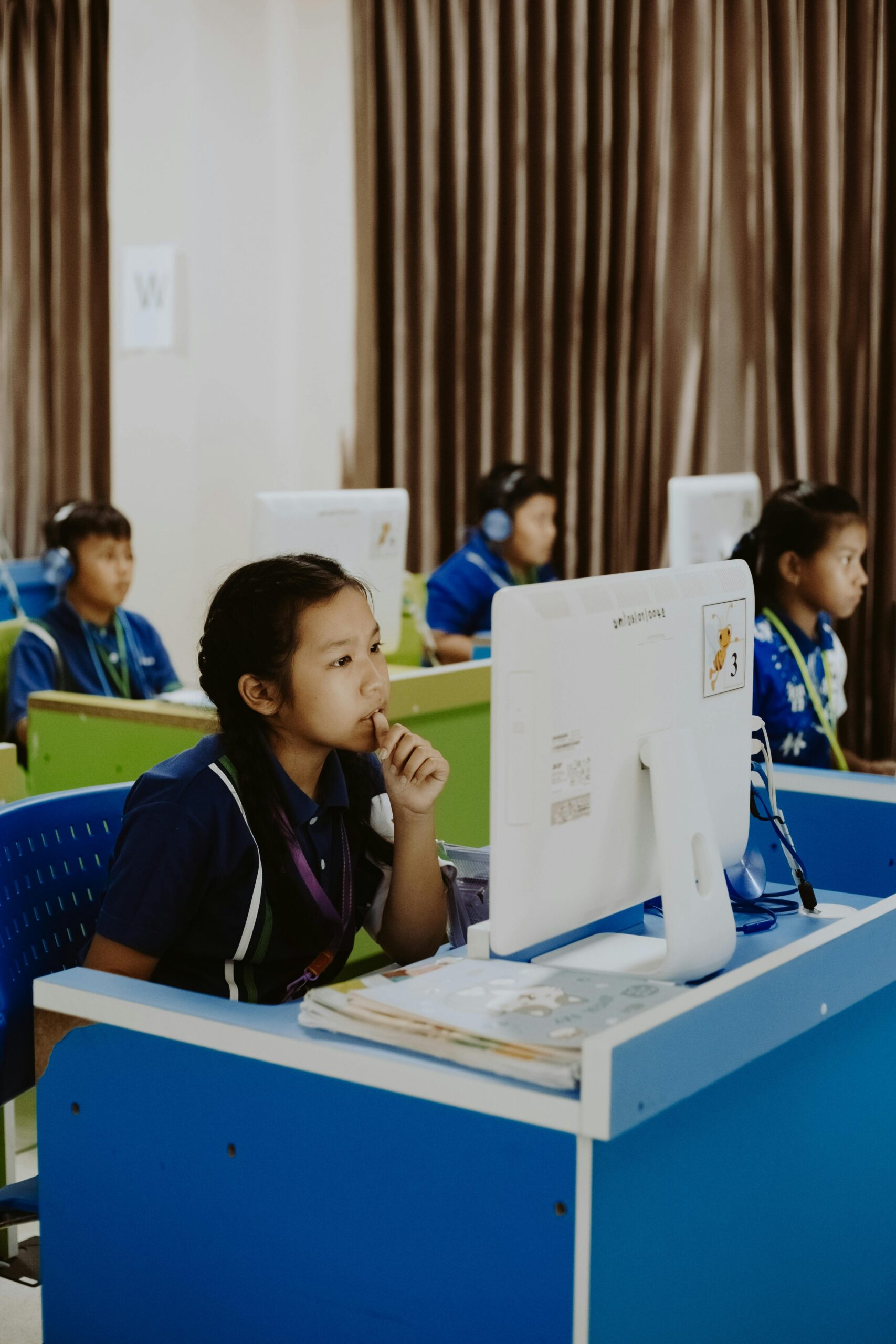Discover why digital literacy is crucial in the 21st century. Learn how digital skills empower individuals in education, jobs, and everyday life, and why it’s vital for social and economic inclusion.

In a world driven by technology, digital literacy is no longer a luxury—it’s a necessity. From sending emails to accessing healthcare, banking online, or studying remotely, nearly every part of our lives has a digital component. Yet, millions still lack the basic skills needed to participate fully in today’s digital society. In this blog, we’ll explore what digital literacy means, why it’s so critical in the current era, and how it empowers people personally, professionally, and socially.
What Is Digital Literacy?
Digital literacy goes beyond the ability to use a computer. It refers to the ability to find, evaluate, create, and communicate information using digital technologies. This includes using smartphones, computers, the internet, social media, and various apps responsibly and effectively.
A digitally literate person can:
- Use search engines to find accurate information
- Protect their personal data online
- Communicate clearly through emails or digital platforms
- Understand online etiquette
- Analyze media critically
- Use software tools for work or study
Why Digital Literacy Matters Today
1. Education Depends on It
Today’s education system increasingly relies on digital platforms for learning and teaching. From digital classrooms to online resources and e-learning apps, students need to be comfortable navigating technology to succeed.
During the COVID-19 pandemic, schools and colleges shifted to online learning. Students without digital skills or access to technology faced severe disadvantages. Even after the pandemic, digital education is here to stay. Digital literacy helps bridge this gap and ensures equal learning opportunities.
2. Jobs Require Digital Skills
Almost every profession today involves some form of technology. Whether you’re a teacher using digital tools, a farmer accessing weather reports on a mobile app, or an entrepreneur managing your business online—digital skills are essential.
According to global surveys, over 90% of jobs now require basic computer knowledge. Skills such as using email, Microsoft Office, digital collaboration tools like Zoom or Google Meet, and even social media marketing are increasingly in demand. Being digitally literate opens the door to better job opportunities and career growth.
3. Essential for Daily Life
From booking train tickets and ordering groceries to using mobile banking and accessing government services, digital tools are a part of our daily routines. Those without digital literacy struggle with:
- Accessing healthcare services online
- Applying for government schemes
- Making digital payments
- Staying informed about current affairs
Digital illiteracy can lead to exclusion from essential services and even financial insecurity.
4. Promotes Informed Citizenship
The internet is a vast sea of information, but not all of it is true or useful. A digitally literate person can critically assess the information they encounter, identify fake news, and make informed decisions. This promotes better civic participation, encourages fact-based discussions, and strengthens democratic processes.
5. Bridges the Urban-Rural Divide
Digital literacy can be a powerful tool for social inclusion, especially in developing countries like India. In rural areas, people can:
- Learn new skills online
- Start small online businesses
- Access telemedicine
- Connect with markets beyond their local boundaries
Training in digital skills empowers rural populations to participate in the digital economy and reduces the gap between urban and rural communities.
Challenges in Achieving Digital Literacy
Despite its importance, there are several challenges:
- Lack of access to digital devices in low-income communities
- Poor internet connectivity in remote areas
- Language barriers, as much online content is in English
- Limited training opportunities, especially for senior citizens and marginalized groups
Governments, NGOs, and educational institutions need to work together to provide infrastructure, training, and localized content to overcome these challenges.
How to Promote Digital Literacy
- Integrate Digital Education in Schools: Start digital training from primary classes, just like reading and writing.
- Run Community Workshops: Offer training for adults, women, and senior citizens in rural and semi-urban areas.
- Provide Affordable Internet and Devices: Government and private partnerships can help make technology accessible.
- Encourage Use of Local Language Content: Promote digital platforms and apps in regional languages to make learning inclusive.
- Leverage Public Libraries and Centers: Use community centers as training hubs for digital literacy programs.
Conclusion
Digital literacy is the foundation of success in the 21st century. It is essential not just for individuals but for the progress of society as a whole. As technology continues to evolve, digital literacy will play an even bigger role in how we live, work, and connect with the world. Investing in digital education today will ensure a more inclusive, informed, and empowered tomorrow.
Let’s bridge the digital divide and ensure no one is left behind in this digital age.
Great article, exactly what I was looking for.